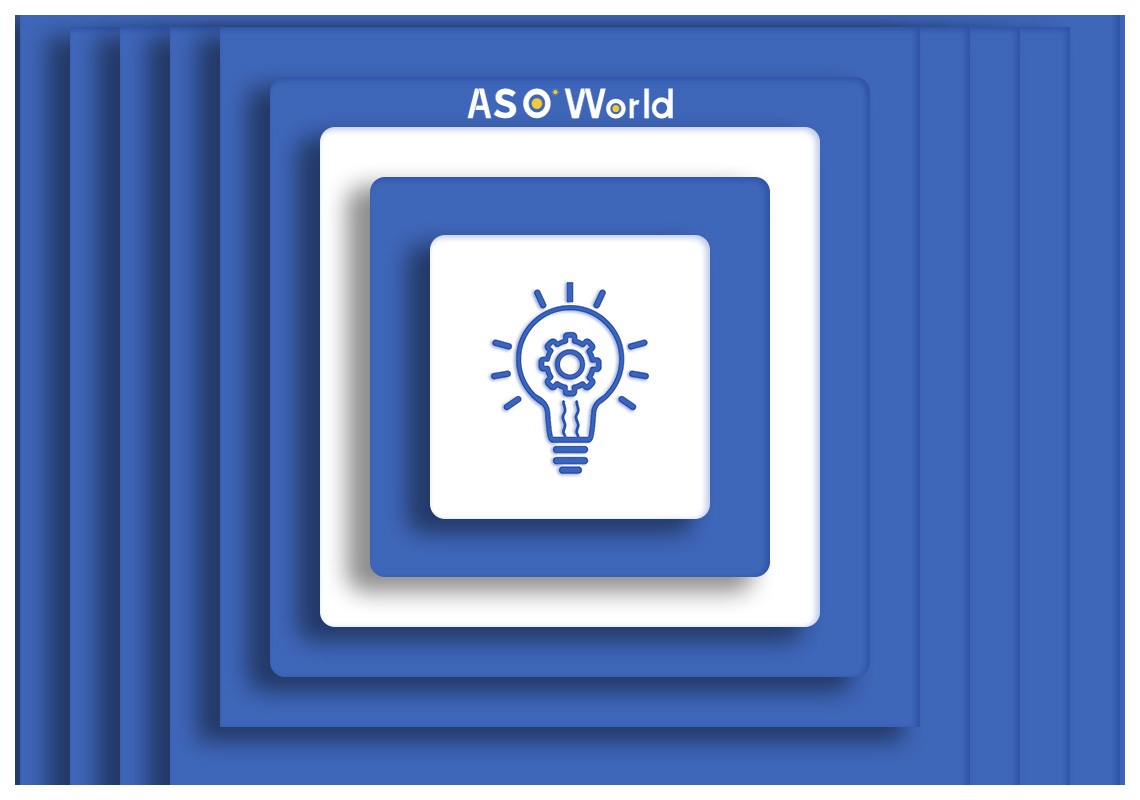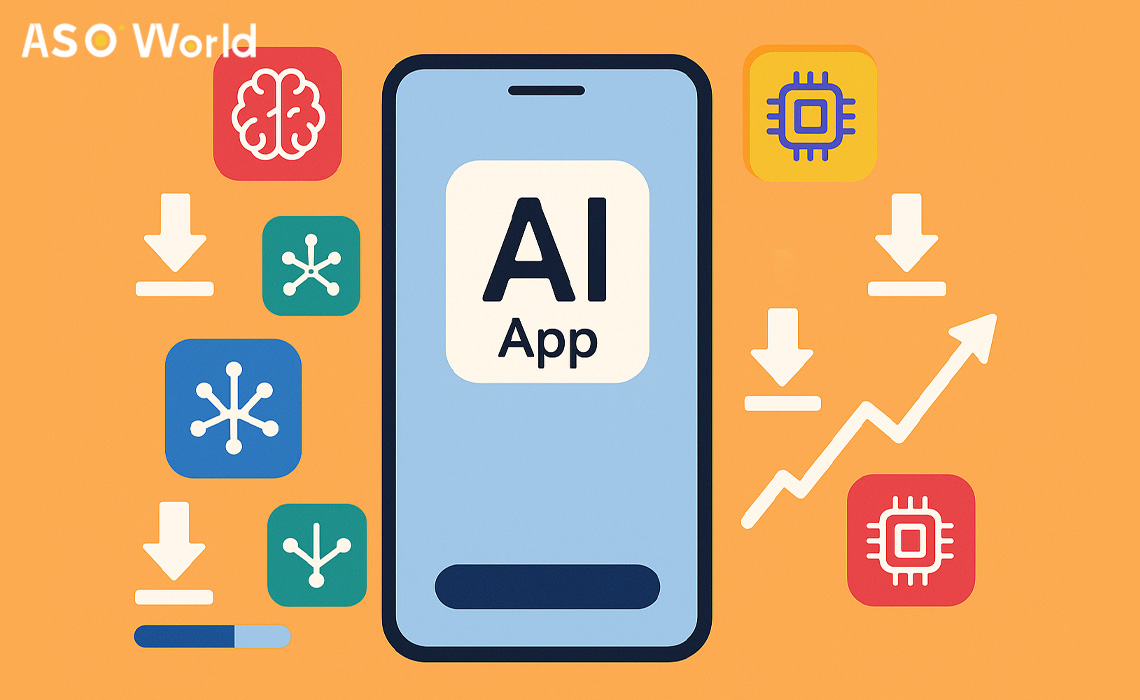In the first half of 2025, mobile apps incorporating artificial intelligence (AI) in their names or descriptions achieved a staggering 7.5 billion downloads, representing 10% of global app downloads, according to Sensor Tower’s State of AI Apps Report 2025. This marks a 52% increase from the previous year, highlighting AI’s growing influence in the mobile ecosystem.
From Gaming to Software: AI’s Expanding Reach
Shift in AI App Categories
AI adoption, once dominant in mobile gaming from 2015 to 2019, has shifted significantly since the 2022 release of ChatGPT. Software applications, particularly AI assistants and content generation tools, now lead the charge. Categories like Health & Wellness, Jobs & Education, Lifestyle & Services, and Financial Services have also seen substantial growth, with over 200 apps in each category launching or updating with AI-related terms in 2025.
Fast-Growing Subgenres
Specific subgenres are driving this trend. Nutrition & Diet apps, leveraging AI for calorie tracking and recipe generation, and Translation apps, offering real-time language processing, are among the fastest-growing. Test Prep and Language Education apps use AI to personalize learning, while Photo and Video Editing apps integrate AI for creative features like avatars and cartoon effects.
App Store Optimization Boosts Visibility
Impact of AI Terminology
Apps incorporating terms like “AI,” “machine learning,” or “LLM” in their titles or descriptions saw a median download increase of 2.9% in the first month, with growth sustaining at 4.1% over two months. This effect was stronger on iOS than Google Play, indicating platform-specific user preferences. The strategic use of AI-related terms enhances App Store Optimization, improving visibility and user engagement.
Beyond Buzzwords: Functional AI Features
The download surge is not solely due to marketing. Many apps introduced new AI-powered features, such as AI-driven scanners in nutrition apps, coaching tools in AI assistants, or tattoo design generators in photo editing apps. These practical applications align with consumer demand for innovative, user-friendly functionalities.

Consumer Expectations and AI’s Ubiquity
AI in App Descriptions
AI is referenced over 100,000 times across the App Store and Google Play, with terms like “AI-powered,” “AI translator,” and “AI character” becoming common. This reflects a broader shift in consumer expectations, where AI is no longer a novelty but a standard feature in apps ranging from fitness trackers to educational tools.
Practical Applications Across Verticals
Nutrition apps emphasize AI-driven features like food scanners and recipe suggestions, while photo editing apps highlight tools for creating avatars or cartoon-style images. AI assistants often market themselves as mentors or coaches, offering personalized guidance. These practical applications underscore AI’s role in enhancing user experiences across diverse categories.
Editor’s Comments
The 7.5 billion downloads of AI-related apps in 2025 signal a transformative moment in mobile technology. The shift from gaming to software and practical applications reflects AI’s maturation from a niche feature to a core component of user-facing technology. The sustained growth in downloads, particularly on iOS, suggests that consumers are increasingly drawn to apps that deliver tangible, AI-enhanced functionalities.
Looking ahead, as AI integration deepens, developers will likely focus on refining these features to maintain competitiveness, potentially leading to even more specialized subgenres. However, the reliance on AI buzzwords for visibility raises questions about long-term sustainability, as users may prioritize genuine innovation over marketing tactics.

